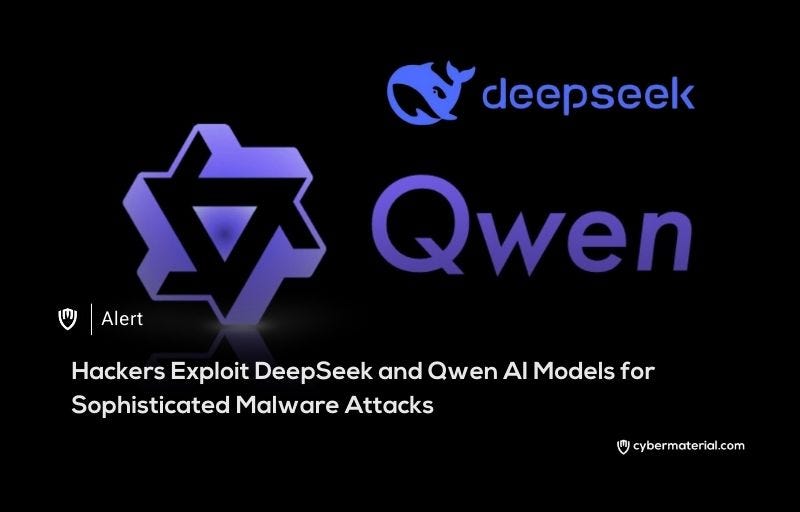
Hackers have started leveraging the capabilities of DeepSeek and Qwen AI models to create advanced malware, taking advantage of their powerful language processing abilities. These newer AI models, wh…

Hackers have started leveraging the capabilities of DeepSeek and Qwen AI models to create advanced malware, taking advantage of their powerful language processing abilities. These newer AI models, wh…